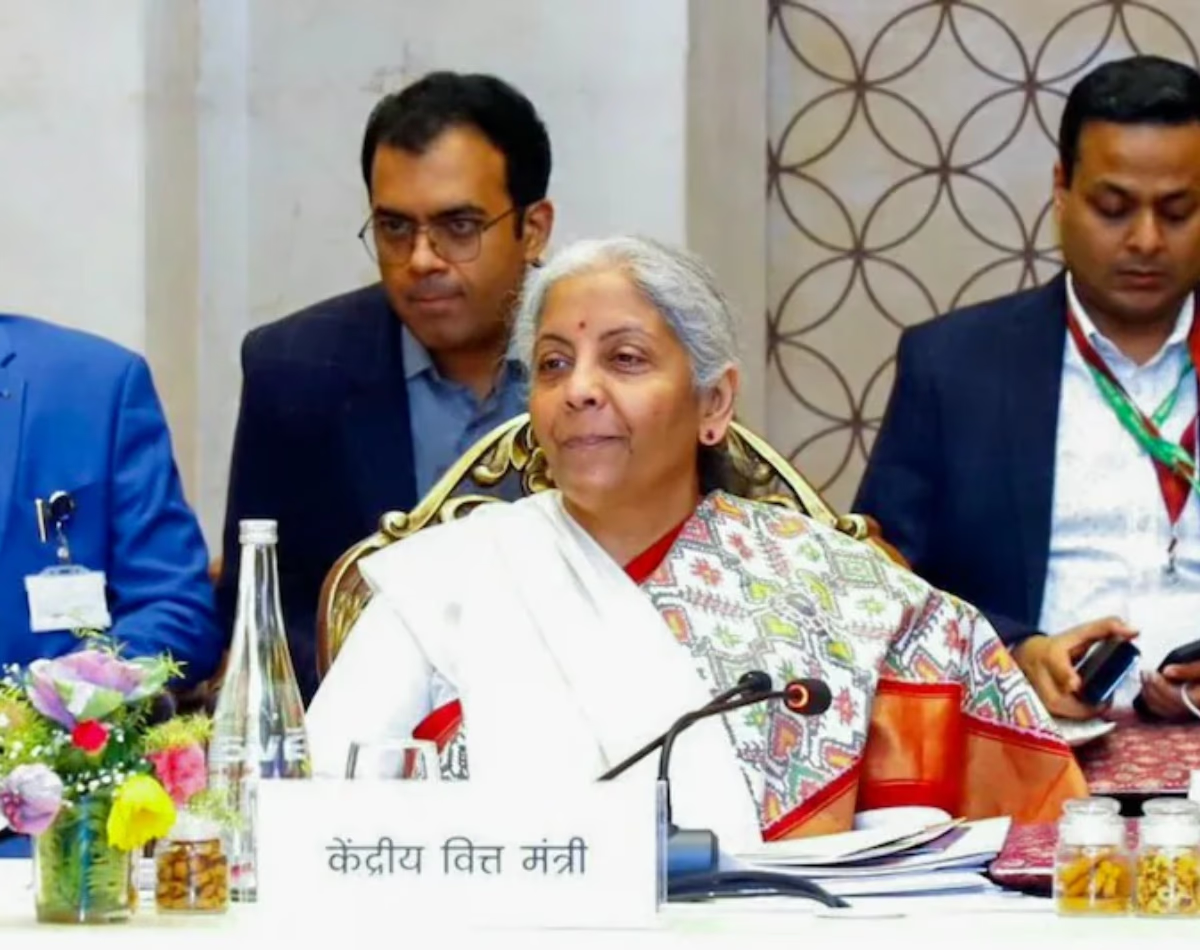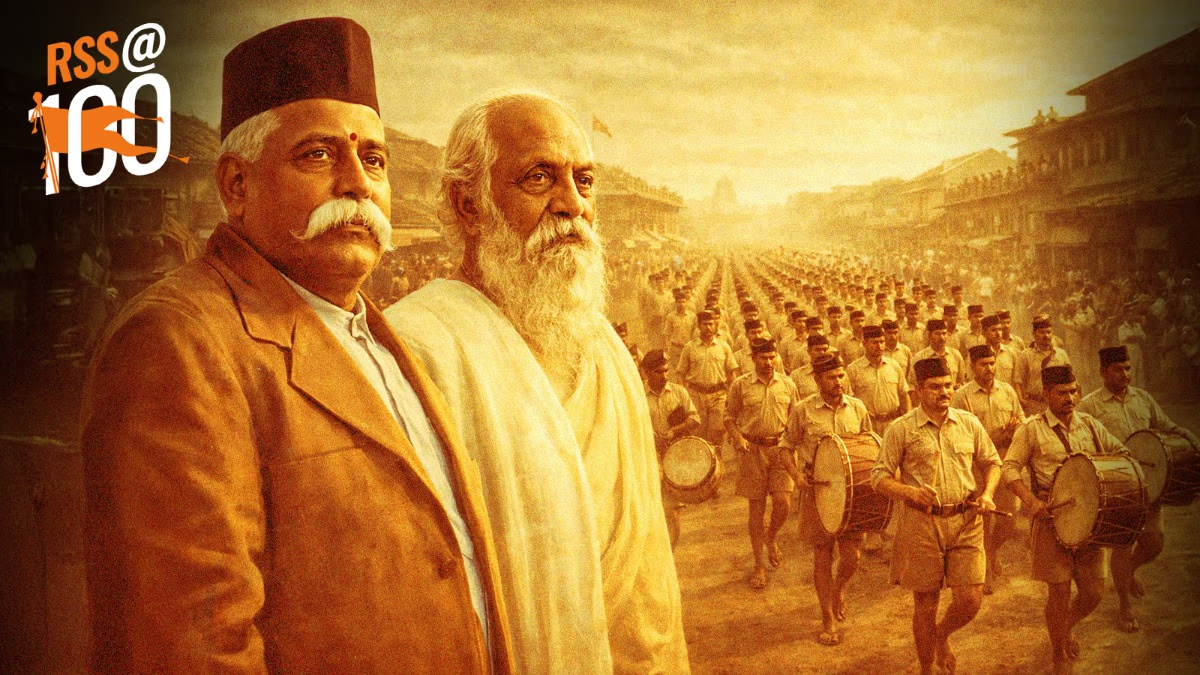If you're someone who enjoys munching on popcorn while catching a film with family and friends, brace yourself for a change in your movie night experience. The 55th GST Council Meeting, chaired by Finance Minister Nirmala Sitharaman, was recently held in Jaisalmer, Rajasthan, where a significant decision was made regarding popcorn taxes. The GST Council has categorized popcorn into various GST slabs based on its flavor, implying that you'll now be spending more when buying your favorite popcorn. Let's explore the scale of this market in India and the specific tax rates on different popcorn flavors...
Three Types of Taxes on Popcorn
The GST Council, led by Union Finance Minister Nirmala Sitharaman, convened its 55th meeting in Jaisalmer on Saturday, arriving at several crucial decisions, one of which includes the introduction of new tax rates on popcorn. The Council approved applying three distinct GST rates to popcorn based on its flavors present in the market.

Source: aajtak
Salt and Spice to Sugary Delights
The consensus was reached on applying GST to popcorn, including ready-to-eat varieties. If purchased popcorn is simply salted and spiced without any packaging or labeling, a 5% GST will apply. However, if the same salted and spiced popcorn is packaged and labeled, the tax rate elevates to 12%.
Regarding sugar-flavored popcorn, the most substantial financial impact will be on your pocket. As per the agreed proposal, popcorn flavored with caramel is categorized under 'sugar confectionery' and taxed at an 18% GST rate.
A Lucrative Global Business
Popcorn is not just a booming business in India, but also globally. Based on a report, popcorn's business in India augmented to approximately ₹1200 crore last year and continues to grow. Globally, its market has surged to over 8 billion dollars this year.

Source: aajtak
Major Decisions at the Council Meeting
The 55th GST Council Meeting did not solely revolve around popcorn taxes. There were several substantial decisions, such as the GST on Old Car sales. Companies or registered old car dealers have to pay 18% GST on the margin value for reselling EVs, petrol, and diesel cars. However, for individual buyers or sellers, this remains at 12%.
Furthermore, the rate for fortified rice has been reduced to 5%. Gene therapy has been entirely exempted. The GST rate for ACC blocks containing over 50% fly ash has been reduced from 18% to 12%. Additionally, when farmer-supplied, black pepper and raisins are exempt from GST.
Deferred Key Decisions
Although there was anticipation for significant verdicts on certain issues during the GST meeting, some were deferred. No consensus was reached on reducing or removing GST rates for Health and Life Insurance. Similarly, the proposal to reduce GST on Zomato and Swiggy's online food orders was postponed. Moreover, the 18% GST on hotels and restaurants remains unchanged, despite a proposal to reduce it to 5%.




